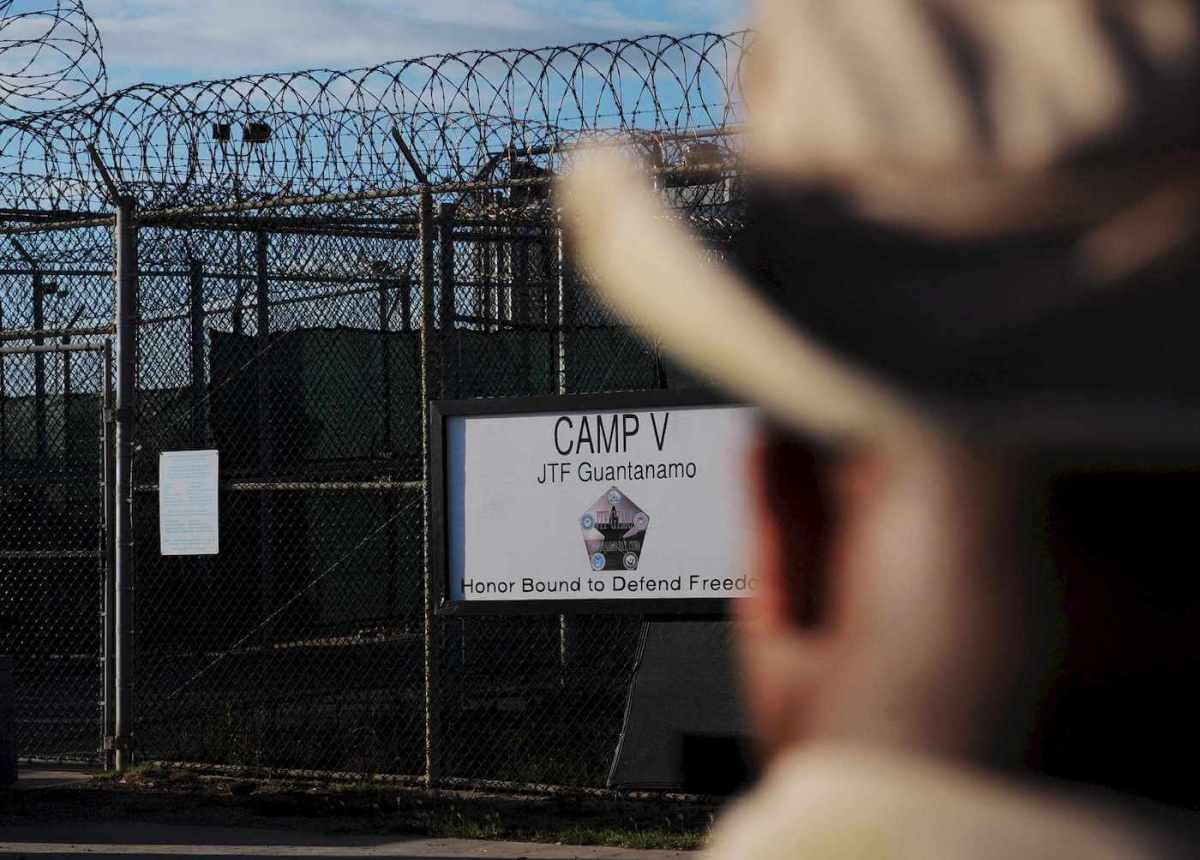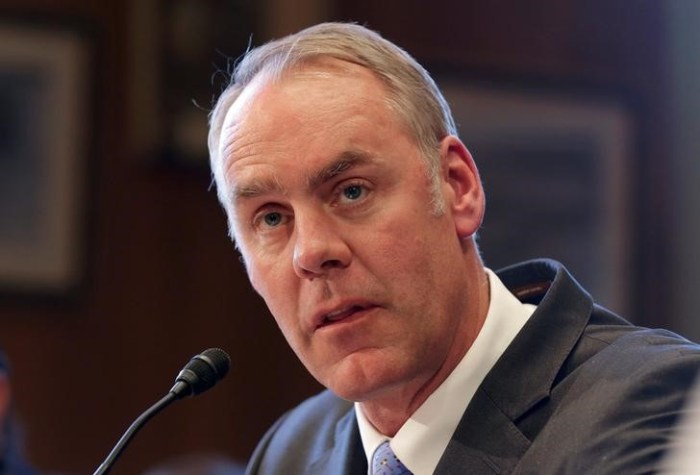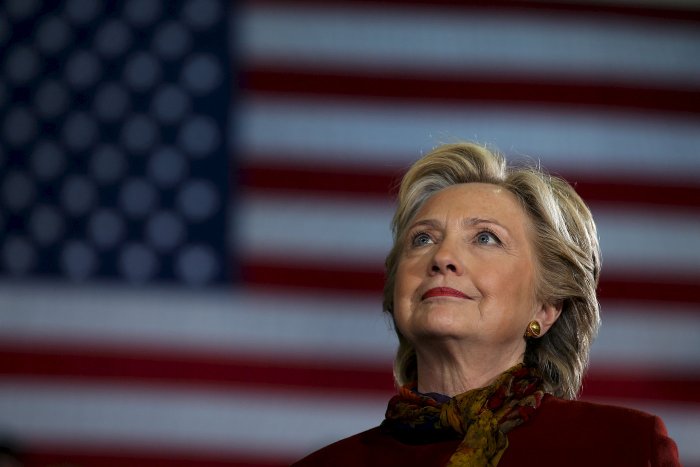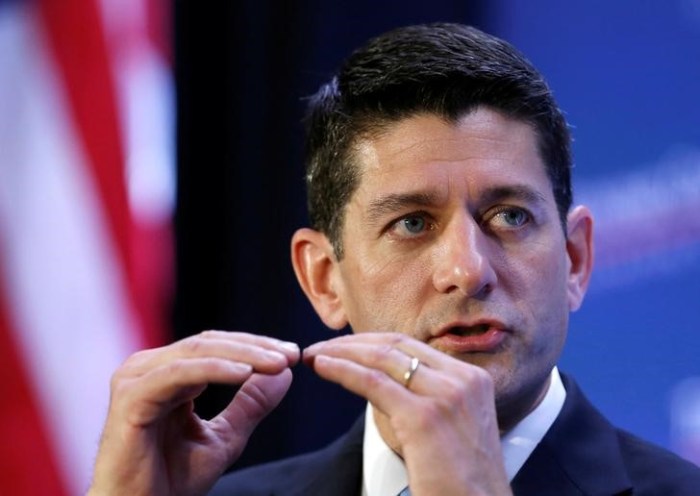By Patricia Zengerle
WASHINGTON (Reuters) – The White House threatened on Tuesday to veto a Senate defense policy bill, saying it would prevent President Barack Obama from closing the detention facility at Guantanamo Bay and limit the size of his National Security Council. “The bill would undermine expert judgments of the (Defense) Department’s civilian and military leadership and constrain the ability of the president and the secretary of defense to appropriately manage and direct the nation’s defense,” the White House said in a statement. The $602 billion National Defense Authorization Act, or NDAA, sets spending policy for the Pentagon each year. The Republican-led Congress generally uses the must-pass bill as a vehicle for a range of policy measures. The Senate Armed Services Committee passed the bill last month. It is now being debated in the full Senate, where lawmakers have introduced hundreds of amendments.
Obama had already threatened to veto the House of Representatives’ version of the annual bill, which passed that chamber last month. The White House opposed it for a number of reasons, including its use of $18 billion in special war funds for day-to-day military programs to avoid automatic budget cuts. The Senate version did not adopt that strategy. But Senator John McCain, the Armed Services Committee’s Republican chairman, filed an amendment with a similar plan to use $18 billion of so-called Overseas Contingency Operations, or OCO, funds to pay for additional troops, more equipment and an increase in a planned military pay increase. KEEP AMERICA SAFE
McCain and other Republicans argued that the increased spending was necessary to keep Americans safe.
In a statement, he criticized Obama’s veto threat as “a sorry defense of the status quo,” and said he hoped Obama would change his mind.
“I hope when the NDAA reaches the president’s desk, he understands the critical importance of this legislation to our national security better than his administration seems to now,” McCain said. Democrats said they would support more military spending if Republicans also approved spending on civilian programs.
Harry Reid, the top Democrat in the Senate, said Democrats would offer their own amendment, adding funding for airport security, to combat Zika, for local police, to fight opioid addiction and improve infrastructure. “If the Republicans pass the defense amendment but then block a similar increase to middle-class programs, they will have broken the budget agreement and the appropriations process will come to a grinding halt,” Reid told a news conference. After the House and Senate pass their versions of the NDAA, the two chambers agree on a final version of the bill. If that passes, it is sent for Obama to veto or sign into law.
Obama vetoed the 2016 NDAA because it sought to increase defense spending by using the war funds, and over the restrictions involving the U.S. prison at Guantanamo Bay, Cuba, for terrorism suspects. He eventually signed a version with the Guantanamo measures after the spending plan was removed. (Reporting by Patricia Zengerle; Additional reporting by Roberta Rampton and Timothy Gardner; Editing by David Gregorio and Peter Cooney)
White House threatens to veto Senate defense bill

By Patricia Zengerle


















